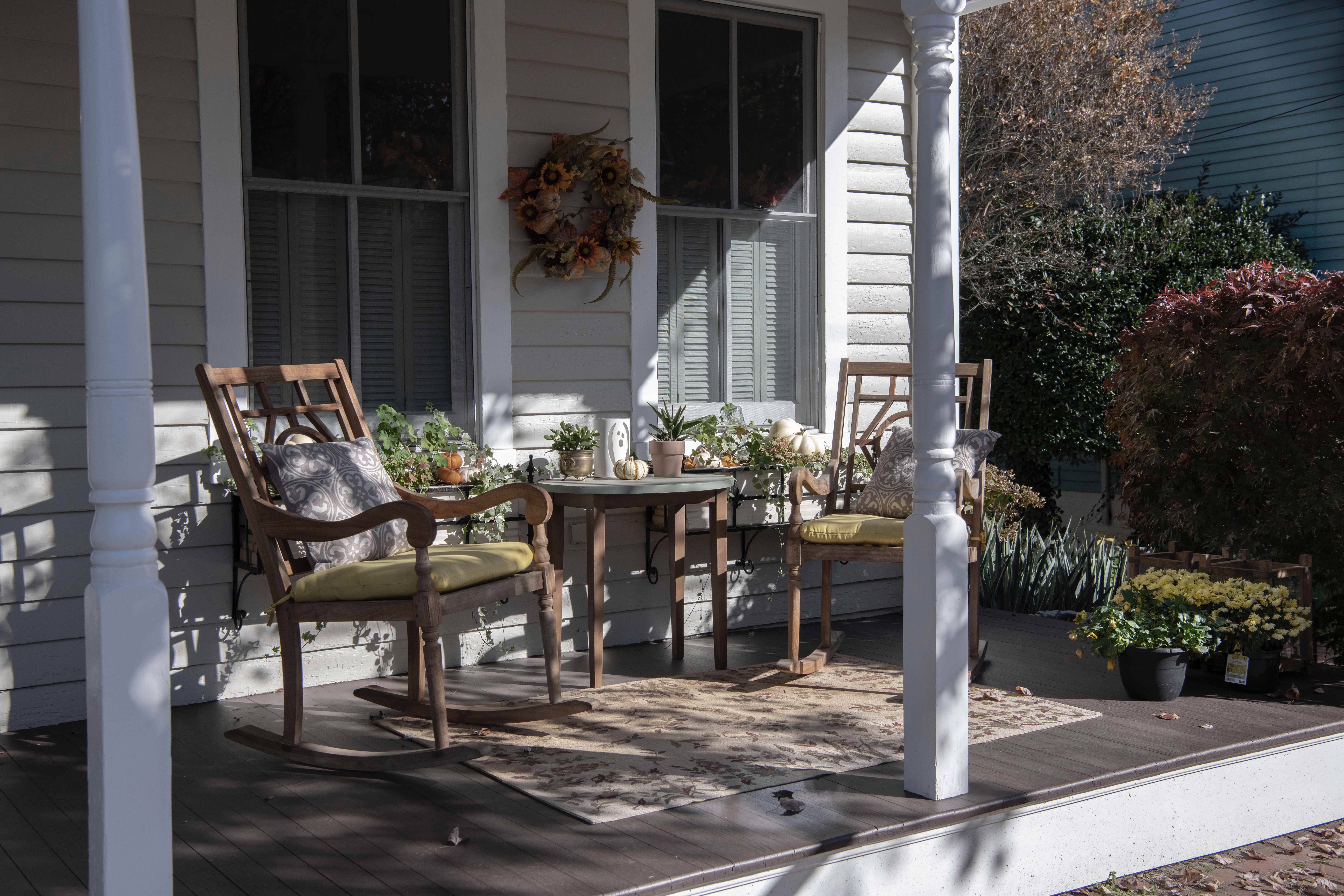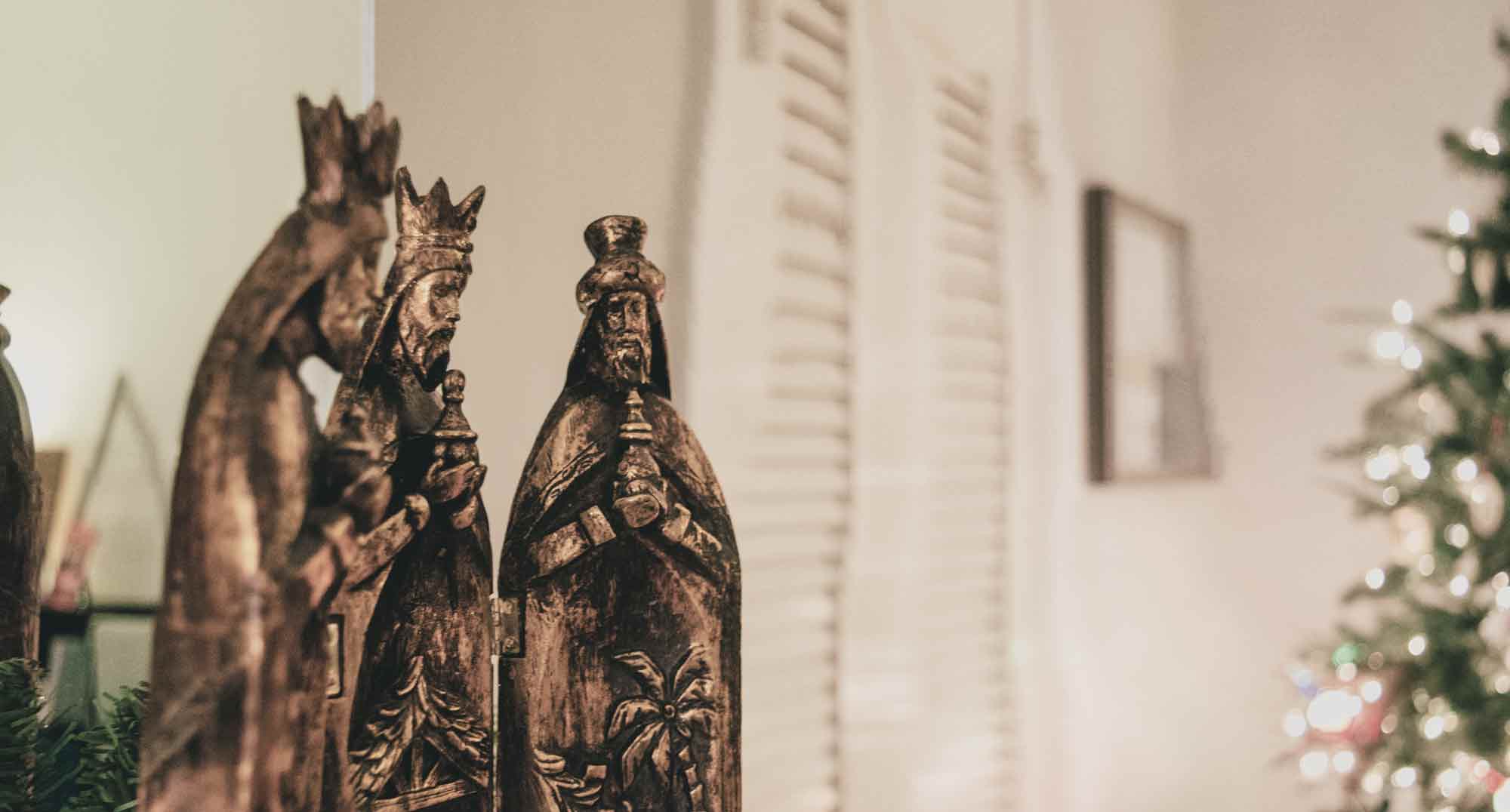The Quest for Peace
JESSICA ROAN | GUEST Lately, it seems as though I am on an endless quest for peace. I find myself attempting to recreate my most peaceful experiences, like the summer I worked at Yellowstone Lake or the visits our family took to our local park when our town was still small and less populated than it is now. What exactly am I searching for? The dictionary defines “peace” as “freedom from disturbance; tranquility.” Is that what I’m seeking? Absolutely. Now, I know that retreating to these beloved places will not rid my world of “disturbances,” but watching the virgin crystal blue waves or visiting the spot where my once little boys played brings a sense of calm in an otherwise disturbing world. Whether it is challenging personal relationships, an ever-rising crime rate, pervasive government corruption, or endless wars and rumors of wars, the world is full of anything but peace. Peace is Biblical I must ask myself: Is it wrong for me to want peace in my life? After John the Baptist was beheaded, Jesus “withdrew” to a “desolate” place (Matt. 14:13). In Mark 3 and Luke 9, he “withdrew” with his disciples. Apparently, Jesus sought peace amidst his busy ministry of preaching, teaching, and healing. When Jesus taught about prayer, he encouraged the disciples to “go into your room and shut the door and pray to your Father who is in secret. And your Father who sees in secret will reward you” (Matt. 6:6). Psalm 46:10 commands us to “Be still, and know that I am God” Searching for peace can’t be all wrong, then, can it? If God wants us to retreat to pray and “be still,” the quest for solitude can have a purpose. But what is that purpose? God’s Peace is Different from the World’s While it is difficult for me to imagine a place more peaceful than Yellowstone Lake at midnight, or the Beartooth Mountains once the summer visitors have left, God’s peace transcends even the most peaceful places in his creation. While trying to explain to his disciples how he had to leave them and send his Holy Spirit, he comforts them by saying, “Peace I leave with you; my peace I give to you. Not as the world gives do I give to you. Let not your hearts be troubled, neither let them be afraid” (Luke 14:27). Similarly, as Paul instructs the church at Philippi, he includes, “. . . do not be anxious about anything, but in everything by prayer and supplication with thanksgiving let your requests be made known to God. And the peace of God, which surpasses all understanding, will guard your hearts and your minds in Christ Jesus” (Phil. 4:6-7). No matter how hard we try, we can’t replicate the peace of God. It does not come from the physical solitude we crave or an absence of screaming children, endless chores, long hours at work, or the challenge of being in relationships with other sinful people. It comes from God alone and can occur on a hike in the mountains or even in the chaos of a busy life...










